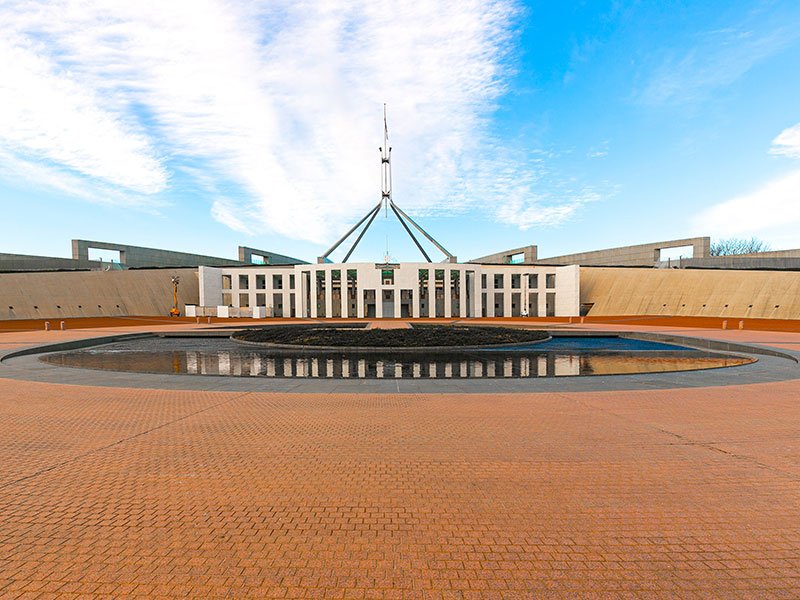The powerful national security committee of the Parliament has restarted its inquiry into the government’s highly controversial encryption laws with a public hearing set for next week.
The Parliamentary Joint Committee on Intelligence and Security (PJCIS) has been looking into the Assistance and Access Act, which gives law enforcement and agencies the power to compel tech companies to provide access to encrypted communications, since early last year.
The inquiry has received more than 30 submissions, which is its second into the encryption bill after it tabled an interim report in late 2018 and another report early last year.

But the inquiry has been stalled during the COVID-19 pandemic, with public hearings on hold.
The inquiry is now rolling again, with its first public hearing to be held in Canberra on Monday, featuring a number of prominent tech companies and civil and digital rights groups.
Appearing via teleconference at the hearing will be Atlassian and its law firm Herbert Smith Freehills, the Australian Civil Society Coalition featuring Electronic Frontiers Australia and Digital Rights Watch, the Software Alliance, the Communications Alliance, DIGI and the Law Council of Australia.
A further public hearing is slated for August 7, but the program is not yet available.
The PJCIS is due to report on the Assistance and Access Act by the end of September, with its findings to be informed by the Independent National Security Legislation Monitor’s (INSLM) recent report on the same laws. This was commissioned by the committee.
INSLM Dr James Renwick did not reject the legislation laws outright, instead calling for the power to issue and authorise notices to be stripped from agency heads and the government and vested in a new judicial oversight body. Dr Renwick also called for a new definition of “systemic weakness”.
All of the companies and groups appearing at the inquiry have previously taken part in a hearing or handed a submission to the committee, and none are likely to be in favour of the anti-encryption laws.
In a recent submission, Atlassian said the new powers had damaged the growth of the Australian tech sector and could hamper the economic recovery from the pandemic.
The tech giant said it was concerned the effect of the Act had been to “erode trust in Australian technology providers and therefore limit the ability of Australian technology providers to compete internationally”.
The coalition of industry groups including Communications Alliance, AIIA and DIGI said the geopolitical impact of the bill “must be further interrogated”.
“Particular attention should also be focused on the legal and economic implications of the applications of the law on Australian industry. This issue and the already visible anti-competitive consequences of the Act have also been raised by some of Australia’s largest ICT businesses and leading software and encryption service providers – it must not be underestimated,” the groups said.
The Law Council of Australia also said that it still has a “number of outstanding concerns” with the Assistance and Access Act.
The INSLM report was requested by the PJCIS and will inform its own report on the encryption laws.
“In his report, Dr Renwick concluded that, with two exceptions, ‘TOLA is or is likely to be necessary’. Regarding proportionality and proper rights protection, Dr Renwick also stated that ‘TOLA will be compliant if, but only if, the central recommendations in this report are implemented,” PJCIS chair and Liberal MP Andrew Hastie said.
“The committee welcomes Dr Renwick’s report, the final report in his role as the INLSM and recognises the quality of the review work that was undertaken.”
Do you know more? Contact James Riley via Email.

